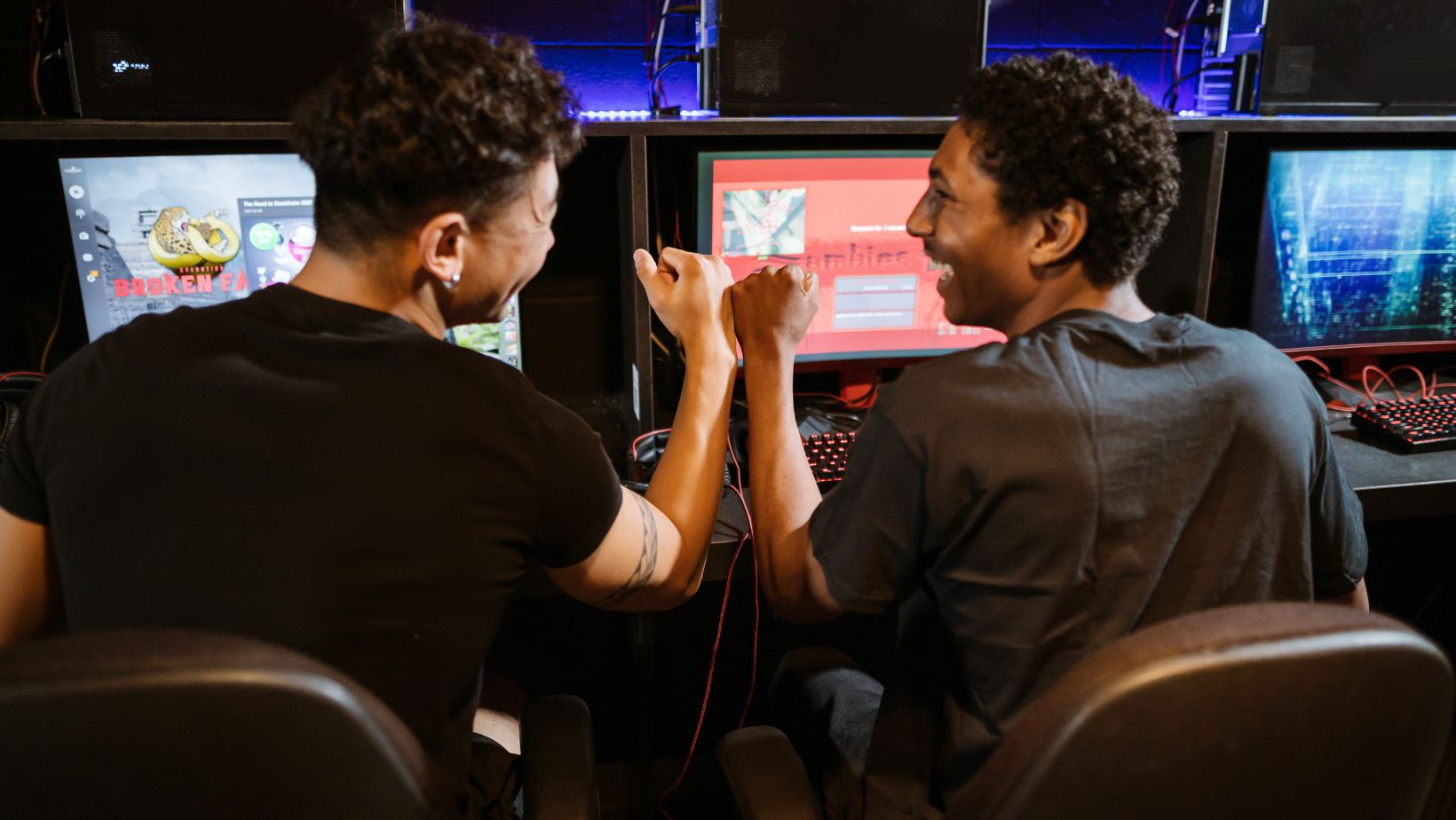
Online gaming has become more than just a hobby — it’s now a part of daily life for millions of people. Whether you’re logging in to play a competitive match, explore a virtual world, or simply enjoy a quick break, there’s something about online games that keeps us coming back. Even simple actions like checking updates or completing a Betrolla login can quickly lead to hours of gameplay without realizing it. But why is that?
Let’s explore the psychology behind online gaming and what makes it so engaging — and sometimes, even addictive.
1. The Power of Instant Rewards
One of the biggest reasons we enjoy online games is the instant satisfaction they give. From leveling up and unlocking achievements to collecting daily rewards, our brains love the feeling of success.
When you complete a task in a game, your brain releases dopamine — the “feel good” chemical. This small reward keeps us motivated and makes us want to play more. Many games are built around this loop of challenge and reward, which is why it’s so hard to stop once you’ve started.
2. Progress That Feels Real
Online games are designed to show progress. You might start with nothing, but over time you build characters, earn points, unlock levels, and gain skills. This sense of growth and improvement taps into our natural need to achieve something meaningful.
Unlike real life, where progress can take a long time, games provide a quicker path to success. This can be especially appealing if someone feels stuck or bored in other areas of their life.
3. Escaping Reality for a While
Let’s face it — life can be stressful. Online gaming offers a quick escape from everyday worries. Whether it’s school, work, or personal stress, games provide a way to take a break and shift focus.
In these virtual worlds, you’re in control. You choose your actions, make decisions, and solve problems in a different environment. It can be incredibly comforting, especially when life feels uncertain or overwhelming.
4. The Social Side of Gaming
Many people think of gaming as a solo activity, but that’s far from the truth. Online games often include chat features, team modes, and multiplayer options that connect people from around the world.
These connections can grow into real friendships, even if the people have never met in person. For those looking to make friends online who share similar gaming interests, engaging in these multiplayer modes and communities, like Nerd Culture, can be a great way to build connections.
5. The Element of Surprise
Another psychological trick in gaming is the use of surprise rewards. Think of loot boxes, mystery gifts, or spin-to-win wheels. These keep players curious and excited about what they might get next.
This is similar to how slot machines work — you never know when the next big win is coming, and that suspense is part of the fun. It keeps you playing “just one more time.”
6. It’s Designed That Way
Game developers use psychology to design experiences that are easy to start and hard to stop. Everything — from the colors and sounds to how long a level lasts — is carefully crafted to hold your attention.
Tutorials are short. Wins come fast at the beginning. And you’re often encouraged to come back daily for rewards. These small touches are all part of a larger plan to keep you engaged.
Final Thoughts
Online gaming is fun, exciting, and full of adventure. But it’s also built on psychological principles that tap into our brains’ reward systems and emotional needs. By understanding how games work and why we’re drawn to them, we can enjoy them in a healthy, balanced way.
Whether you’re completing a betrolla login to check your stats or diving into a competitive match, it’s important to be mindful of your time and energy. Play with purpose, enjoy the experience — but don’t forget to log off sometimes, too.
After all, the real world has plenty of adventure waiting as well. 🎮


